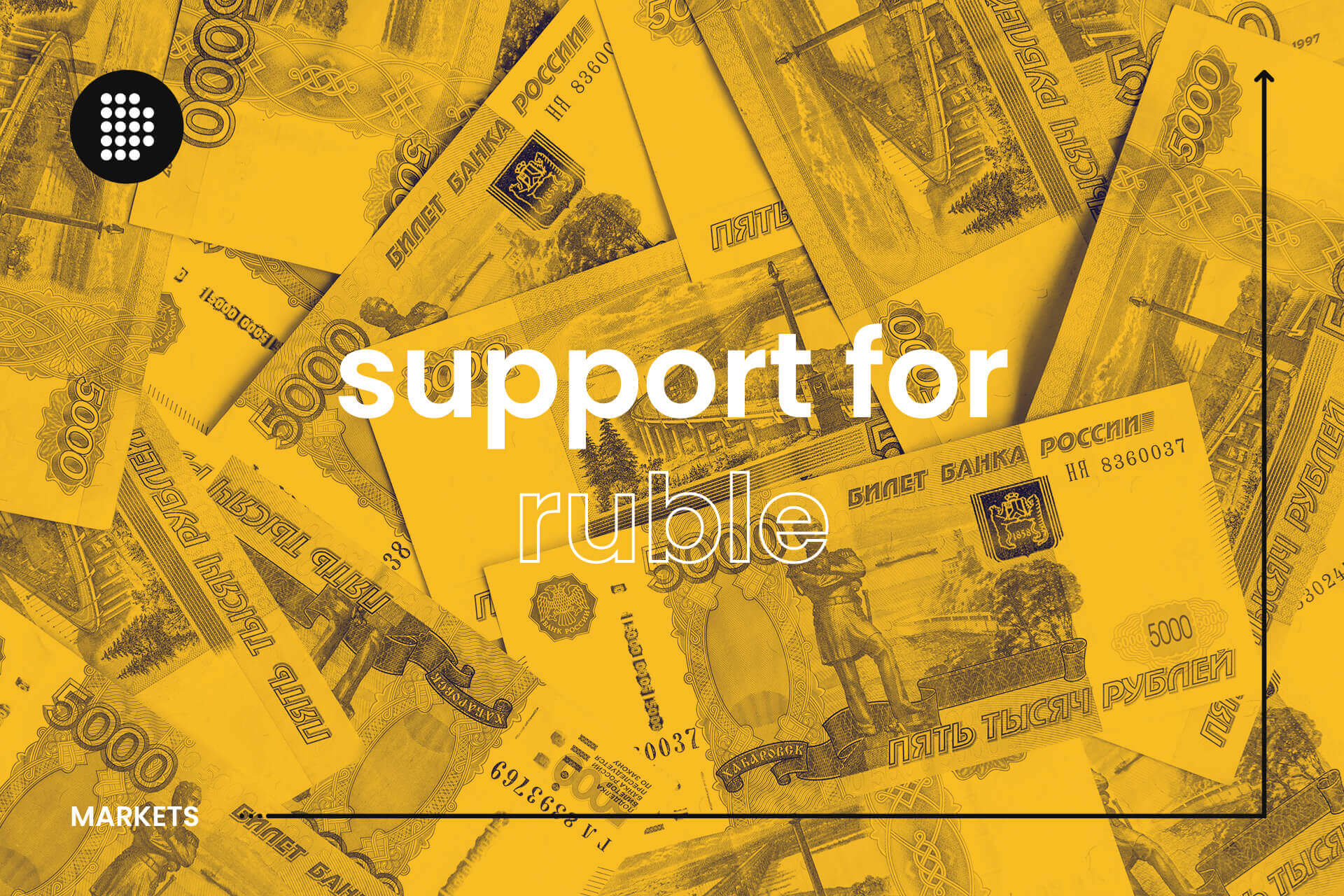
Since the perspectives of wider cryptocurrency adoption remain opaque in Russia, the country’s national currency gets support from major crypto industry player Blockchain.com
The major cryptocurrency wallet, cryptocurrency exchange and blockchain data provider Blockchain.com recently announced the plans to add Russian ruble (RUB) into its platform in the upcoming weeks.
The movement comes as a result of the company’s strategic plan to raise the number of its cryptocurrency wallets to 1 billion within the next decade. The company currently operates nearly 50 million crypto wallets, that have made up 27% of all Bitcoin transactions since 2012.
Sponsored
The official announcement called “The next era of crypto and 1B wallets by 2030” was published by the Blockchain.com CEO and co-founder Peter Smith. It revealed that support for Russian ruble will be done in order to meet the needs of the growing number of RUB users trading on the Blockchain.com platform. According to Peter Smith:
Russian users already make up a large portion of our traffic and exchange volume.
Reportedly, the national currency of Russia will be the fifth fiat currency added to the Blockchain.com platform. Ruble will be added next to the most widely-used fiat currencies across the cryptocurrency industry: the United States dollar, Euro, Great Britain’s pound and Turkish lira.
Binance added Russian ruble last year
Since Russia is a country of 144.5 million people, it is one of the top-10 markets, most active in cryptocurrency trading. The second-largest crypto exchange by daily trading volume Binance added the Russian ruble trading option back in October 2019.
According to the local news website Forklog, Binance is the most popular crypto exchange in Russia with nearly 60% of users. The exchange allows its users to use rubles for purchasing Bitcoin (BTC), Ether (ETH), Binance Coin (BNB), and XRP.
Crypto situation still unclear in Russia
At the time when the major cryptocurrency companies show their interests in the Russian market, the country’s authorities act the opposite and keep delaying the adoption of crypto-related laws.
Since there were signs of a will to create Russia’s first crypto bill back in 218, the various institutional authorities do not find consensus between each other until today. As it is known, the country’s central bank is against institutions for organizing the production of cryptocurrency in Russia as the legalization of issuance and circulation of cryptos could become an unjustified risk.
As the local news portal RBC recently revealed, the local parliament members proposed to introduce fines of up to 2 million rubles ($28.240) and up to 7 years of imprisonment due to the violating the law, that prohibits payments in cryptocurrencies.
